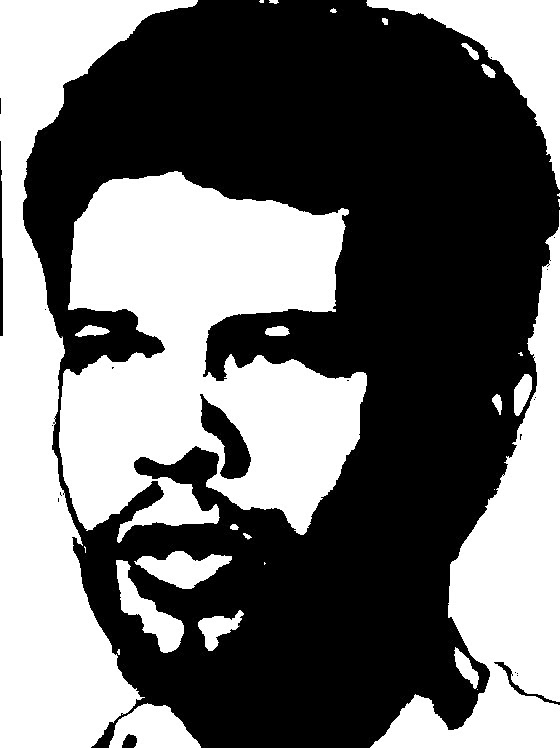Hashem Shaabani was executed alongside fellow teacher Hadi Rashedi after conviction on 7 July 2012 of “enmity against God”, “corruption on earth”, «gathering and colluding against state security” and “spreading propaganda against the system” by Branch Two of the Ahvaz Revolutionary Court. The sentence had been upheld by the Supreme Court in January 2013.
Both men were arrested in early September 2011, along with three other men, Mohammad Ali Amouri, Sayed Jaber Alboshoka and his brother Sayed Mokhtar Alboshoka, who were tried with them, apparently in connection with cultural activities on behalf of Iran’s Ahwazi Arab minority. All five men had no access to a lawyer or their families for the first nine months of their detention and are reported to have been tortured or otherwise ill-treated before and after the verdict.
Background
Hashem Shaabani was a member of al-Hiwar (dialogue), an Ahwazi Arab organisation which promoted Ahwazi Arab culture and campaigned for the right to mother-tongue education in Iran. The organisation’s meetings were held in public, and Shaabani read his poetry at some of them. The organisation was banned by the Iranian government in May 2005, shortly after wide spread anti-government protests broke out among the Ahwazi Arab community.
